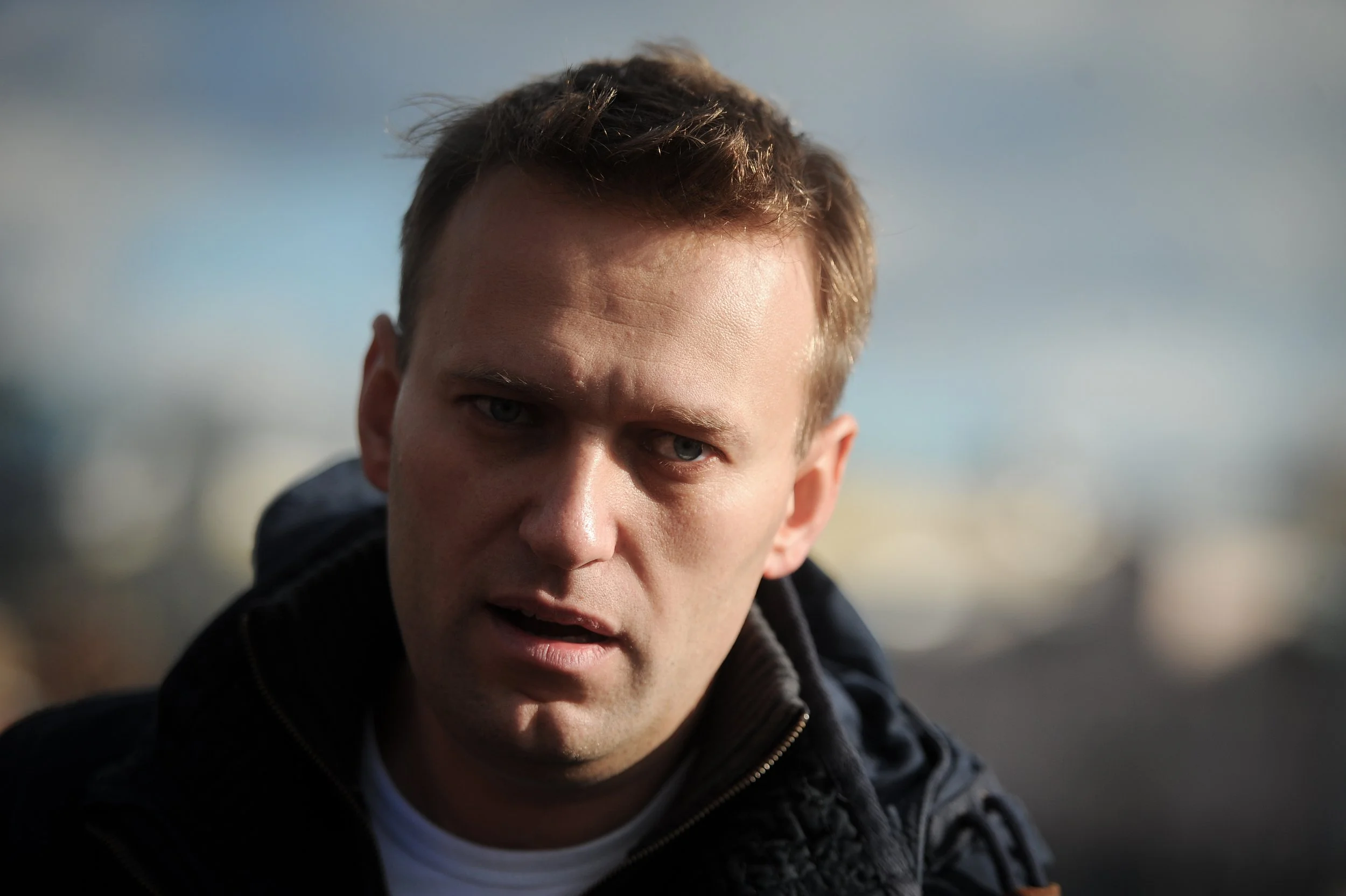Photo courtesy of Mitya Aleshkovsky via Flickr.
By Mira Crane ’27
Contributing Writer
Content warning: This article discusses claims of state-sanctioned violence.
Russia has just lost a powerful voice of political dissent. On Friday, Feb. 16, Alexei Navalny, Russian President Vladimir Putin’s most public opponent, died, The Washington Post reported. According to The New York Times, he died in a penal colony 40 miles north of the Arctic Circle.
Accounts from Russian authorities at the prison state that Navalny, feeling unwell, collapsed while on a short walk at the colony and never regained consciousness, BBC News reported. Navalny’s death was confirmed by his family. An investigation into Navalny’s death was launched but has been drawn out indefinitely, and Navalny’s mother was prevented from seeing his body. His body was turned over a week after his death, NPR reported.
The New York Times reported that Navalny had been in prison since February 2021 after coming back to Russia from Germany, where he was recovering from a near-fatal poisoning incident caused by a nerve agent in the Novichok toxin family. Nerve agents are a poison invented by the Soviets for military use and have been used against other Russian dissidents.
According to The New York Times, Navalny claimed that the poison was planted in his underwear before he boarded a plane in Siberia. Still, Navalny chose to come back to Russia despite facing a near-certain prison sentence, galvanizing the Russian opposition.
While in prison, Navalny received additional charges that would have kept him incarcerated until 2031. According to The New York Times, Navalny’s supporters argue that these charges were meant to silence Navalny and are largely fabricated, and members of Navalny’s team continued to expose the corruption of Russia’s elite even from exile.
Navalny himself retained an online presence despite harsh conditions and repeated stretches in solitary confinement, although he effectively disappeared for three weeks while he was being transferred to the penal colony. In a court video taken the day before his death, Navalny seemed to be in relatively good health and was fairly upbeat, according to BBC News.
Born in 1976, Navalny grew up 62 miles southwest of Moscow in Obninsk. In 1998, he graduated with a degree in law from Moscow's Peoples' Friendship University of Russia, BBC News reported.
A decade later, he began to rise in Russian politics, gaining notoriety for being a grassroots anti-corruption organizer. He ran a blog that exposed corruption and malpractice in some of Russia’s larger corporations under state control, according to BBC News.
The corruption of Putin’s party became his consistent focus as he criticized the Russian patronage system. In 2011, Navalny led large street protests against Putin. In 2017, he was barred from running in the Russian election.
Navalny was considered by many as the only person to have a chance at winning against Putin. Despite his organizations being labeled extremist and having been in and out of jail, Navalny was one of the leading voices speaking out against the war in Ukraine, calling it a war with “no purpose or meaning,” according to BBC News. His foundation has also spoken out against the war in Ukraine and has continued to oppose the Russian government. Tributes from around the world followed the news of his death.
There was a steady stream of Russians laying flowers at the Solovetsky Stone, a memorial commemorating the victims of Soviet gulags, in tribute to Navalny despite initial crackdowns on mourning and the presence of police. Navalny’s funeral, a short Russian Orthodox service, was on March 1, and, according to AP News, thousands of Russians attended, with mourners waiting outside the church. The scene turned into a protest against Putin and the war in Ukraine, but the police did not intervene. Navalny’s wife, Yulia Navalnaya, did not attend the funeral in person, but she has been active since her husband’s death.
The Washington Post reported that in a video statement on YouTube, Navalnaya vowed to carry on her husband’s fight against Putin and his regime, The Washington Post reported. She also accused the Russian authorities of murdering her husband and vowed to expose the details of his death. Her words were, “My husband could not be broken, and that’s exactly why Putin killed him in the most cowardly way.”
Navalnaya appeared at the Munich Security Conference on Feb. 16 and, following that, addressed European Union foreign ministers in Brussels on Feb. 19. According to a European diplomat, Navalnaya urged the EU to chart the financial flows coming from Putin’s inner circle, sanction 500 Russian oligarchs and ensure sanctions against the Russian elite are not evaded, The Washington Post reported.
According to The New York Times, on Friday, Feb. 23, the United States imposed sanctions on Russia due to Navalny’s death. U.S. President Joe Biden has also stated his belief that Putin was behind Navalny’s death. National Security Council spokesman John F. Kirby explained, “Whatever story the Russian government decides to tell the world, it’s clear that President Putin and his government are responsible for Mr. Navalny’s death.”
The sanctions target Russia’s financial sector and military-industrial complex and are part of a broader effort to diminish the Kremlin’s war capabilities, The New York Times reported. The sanctions target 500 individuals and several entities with ties to Russia's war in Ukraine. Sanctions are also imposed on three government officials linked to Navalny’s death.
The EU and Britain have also announced new sanctions on Russia. However, it is unclear how much effect they will have regarding the war in Ukraine. According to Andy Reiter, an associate professor of politics and international relations at Mount Holyoke College, “The new US sanctions are largely symbolic. Russia has shown an uncanny ability to absorb the effects of previous US sanctions and this new round will not make Putin change his policies either.”
Reiter does not see Navalny’s death particularly impacting the upcoming Russian elections, but he hopes “new figures rise in [Navalny’s] place to keep the movement going” and oppose Putin.

